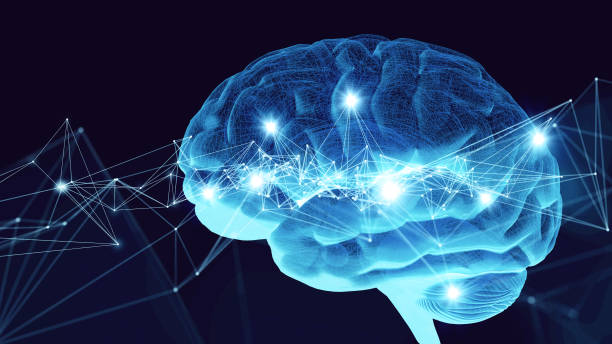Cognitive Health and the Margins: Rethinking Access and Equity

At Greendoor, we believe cognitive enhancement and mental well-being should not be limited to people with privilege. Although our focus is on nootropics, we also recognize that conversations about brain health must include those most affected by structural inequality, including individuals experiencing chronic homelessness.
Why It Matters
Cognition is shaped by more than biology. It is also shaped by environment. Poor sleep, malnutrition, trauma, and lack of safety strongly influence brain function. People facing chronic homelessness often experience cognitive decline, executive dysfunction, and mental health challenges at higher rates than the general population.
These challenges are not only personal health issues. They are systemic issues that deserve attention in any serious discussion of cognitive wellness.
Cognitive Equity Is Health Equity
As public interest in nootropics grows, important questions arise.
Who has the ability to enhance cognitive performance.
Who has access to sleep, safety, nutrition, and healthcare.
Who is excluded from mainstream wellness conversations.
Cognitive enhancement is often framed around productivity. For many people, the challenge is not to perform at peak levels. It is to think clearly under unstable and high stress conditions. At Greendoor, we believe equitable access to mental resources, including education, nutrition, healthcare, and informed decision making, is the basis of meaningful cognitive enhancement.
Our Role
We do not provide housing or clinical interventions. What we can do is advocate and inform.
We can advocate for a broader view of brain health that includes social and economic context.
We can amplify dialogue about equitable access to cognitive support tools.
We can highlight research on how stress and deprivation affect cognition and how recovery varies across individuals.
Looking Forward
Cognitive wellness should not be a luxury. As conversations about nootropics and mental performance tools continue to grow, we must also expand who is included in those conversations.
Greendoor remains committed to keeping the cognitive enhancement space grounded in ethical awareness, accessibility, and social responsibility. The goal is not optimization for the already advantaged. It is a more inclusive understanding of what true cognitive wellness requires.


I would like to sign up for your mental health services and avoid homelessness. I am currently with MBI Health Services since 2018 and I have gotten worse not better with my mental health.